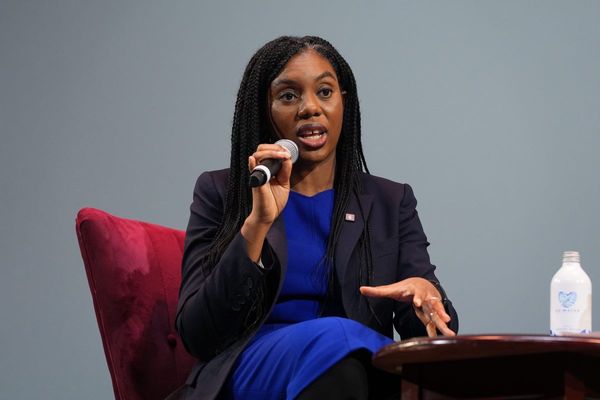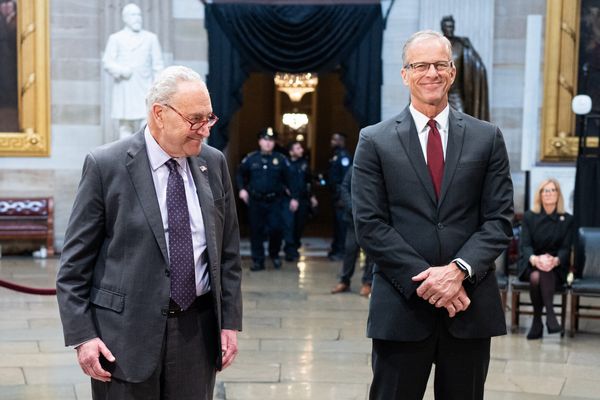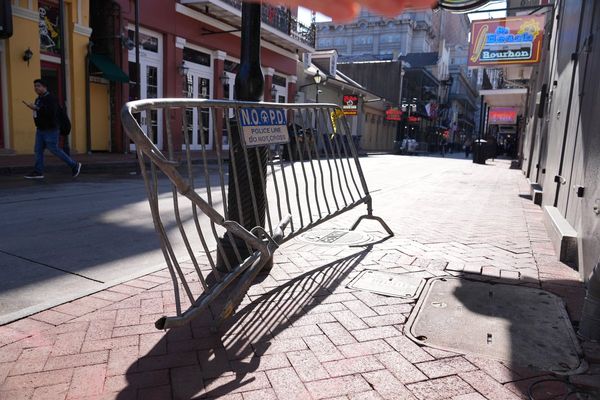
Leading Archbishops have apologised and spoken of their “profound shame” after a review found hundreds of “new” cases of alleged abuse by Church of England (CofE) officials, mostly against children and vulnerable adults.
The CofE said independent reviewers assessed 75,000 files, some dating back to the 1940s, as it published the national Past Cases Review 2 (PCR2) on Wednesday.
The report identified 383 “new” cases of alleged abuse, which included cases which had been dealt with previously but in a way which did not meet modern safeguarding standards.
It is always with great sadness and profound shame that we, again and again, come face-to-face with the brokenness and failings of our church in its day-to-day interactions and in its processes and leadership.— The Archbishops of Canterbury and York
Of these cases, 168 related to children, 149 to vulnerable adults, and 27 cases were recorded as fitting both these categories.
Data on the alleged perpetrators showed 242 cases related to clergy, with 53 regarding church officers and 41 volunteers whose roles included engaging with children.
The most common type of alleged abuse recorded was “sexual”, accounting for 181 cases, followed by 39 “emotional” abuse cases, 33 “physical”, and 21 allegations of “financial” abuse.
Nine cases of “domestic” abuse were also filed, and 81 cases were classed as “other”.
In a joint statement, the Archbishops of Canterbury and York apologised and said the findings illustrated the failings of the church’s leadership.
The Archbishops, Justin Welby and Stephen Cottrell, said: “It is always with great sadness and profound shame that we, again and again, come face-to-face with the brokenness and failings of our church in its day-to-day interactions and in its processes and leadership.
“There are no possible excuses, no rationalisations for our church’s failure to share the love of God and value each and every person.
“PCR2 was our next step in extending our search for the truth and being satisfied that past abuses and the misery suffered by survivors, victims and their families was uncovered.”
They added: “We sincerely apologise for our failures and want to reach out to those who are still suffering from the pain and misery they endured.”
The Archbishops extended their apology to relatives of survivors, admitting that “we should have been better at listening and responding to survivors’ and victims’ concerns”.
The scars on all victims will always remain and our lives have been permanently redirected.— Victim of abuse by a CofE official
An anonymised survivor whose testimony formed a case in the report said they hoped PCR2 would not mark an end to the issue of safeguarding.
They said: “My hope and prayer is that any concluding report is not seen to bring a close to this issue.
“The scars on all victims will always remain and our lives have been permanently redirected.
“Our church must, therefore, remain permanently open to respond to new revelations and new phases within older revelations.
“Unlike the work on some other focus groups, the agenda is never closed or concluded.”
The report also cited cases as late as 2018 where clergy who had lost their jobs after being convicted of serious sexual offences were later re-elected due to a lack of formal procedure or DBS (Disclosure and Barring Service) checks to prevent this.
Commissioned by the Archbishops’ Council, PCR2 has been described by the authors as the “most extensive review of records ever conducted by the Church of England”.
It was conducted by 65 reviewers from July 2019 to April 2022 as a follow-up to PCR1, which took place between 2007 and 2009 in response to several clergy being charged with sexual offences against children.
The latest report lists 26 national recommendations, including establishing a charter to ensure the voices of children are heard.
It also advises that a minimum standard of services and timescales for referrals is outlined by the National Safeguarding Team, which is an advisory department of the Archbishops’ Council.







